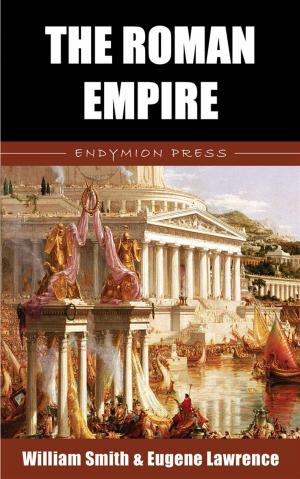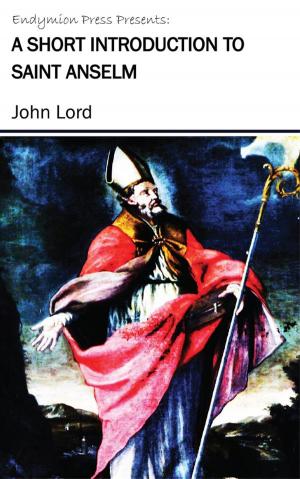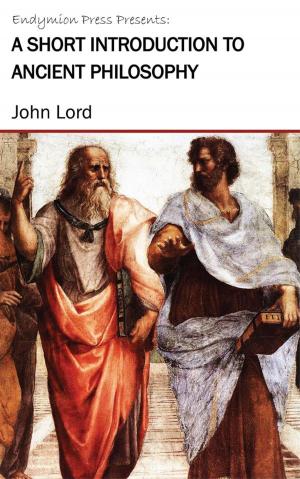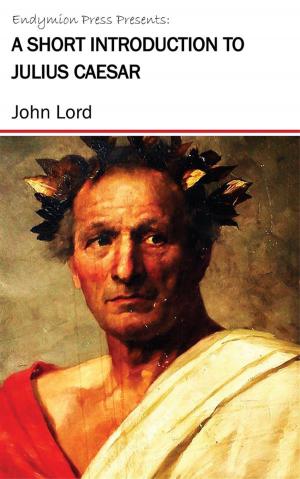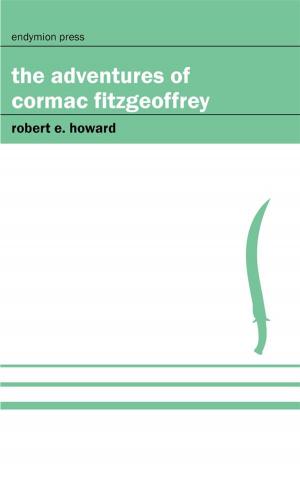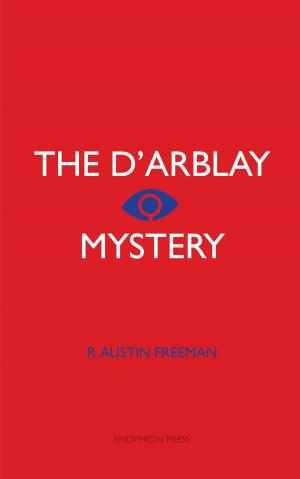| Author: | John Lord | ISBN: | 9781537825342 |
| Publisher: | Endymion Press | Publication: | April 22, 2017 |
| Imprint: | Language: | English |
| Author: | John Lord |
| ISBN: | 9781537825342 |
| Publisher: | Endymion Press |
| Publication: | April 22, 2017 |
| Imprint: | |
| Language: | English |
The great external event of the Middle Ages was the Crusades,--indeed, they were the only common enterprise in which Europe ever engaged. Such an event ought to be very interesting, since it has reference to conflicting passions and interests. Unfortunately, in a literary point of view, there is no central figure in the great drama which the princes of Europe played for two hundred years, and hence the Crusades have but little dramatic interest. No one man represents that mighty movement. It was a great wave of inundation, flooding Asia with the unemployed forces of Europe, animated by passions which excite our admiration, our pity, and our reprobation. They are chiefly interesting for their results, and results which were unforeseen. A philosopher sees in them the hand of Providence,--the overruling of mortal wrath to the praise of Him who governs the universe. I know of no great movement of blind forces so pregnant with mighty consequences.
The Crusades were a semi-religious and a semi-military movement. They represent the passions and ideas of Europe in the twelfth and thirteenth centuries,--its chivalry, its hatred of Mohammedanism, and its desire to possess the spots consecrated by the sufferings of our Lord. Their long continuance shows the intensity of the sentiments which animated them. They were aggressive wars, alike fierce and unfortunate, absorbing to the nations that embarked in them, but of no interest to us apart from the moral lessons to be drawn from them. Perhaps one reason why history is so dull to most people is that the greater part of it is a record of battles and sieges, of military heroes and conquerors. This is pre-eminently true of Greece, of Rome, of the Middle Ages, and of our modern times down to the nineteenth century. But such chronicles of everlasting battles and sieges do not satisfy this generation. Hence our more recent historians, wishing to avoid the monotony of ordinary history, have attempted to explore the common life of the people, and to bring out their manners and habits: they would succeed in making history more interesting if the materials, at present, were not so scanty and unsatisfactory...
The great external event of the Middle Ages was the Crusades,--indeed, they were the only common enterprise in which Europe ever engaged. Such an event ought to be very interesting, since it has reference to conflicting passions and interests. Unfortunately, in a literary point of view, there is no central figure in the great drama which the princes of Europe played for two hundred years, and hence the Crusades have but little dramatic interest. No one man represents that mighty movement. It was a great wave of inundation, flooding Asia with the unemployed forces of Europe, animated by passions which excite our admiration, our pity, and our reprobation. They are chiefly interesting for their results, and results which were unforeseen. A philosopher sees in them the hand of Providence,--the overruling of mortal wrath to the praise of Him who governs the universe. I know of no great movement of blind forces so pregnant with mighty consequences.
The Crusades were a semi-religious and a semi-military movement. They represent the passions and ideas of Europe in the twelfth and thirteenth centuries,--its chivalry, its hatred of Mohammedanism, and its desire to possess the spots consecrated by the sufferings of our Lord. Their long continuance shows the intensity of the sentiments which animated them. They were aggressive wars, alike fierce and unfortunate, absorbing to the nations that embarked in them, but of no interest to us apart from the moral lessons to be drawn from them. Perhaps one reason why history is so dull to most people is that the greater part of it is a record of battles and sieges, of military heroes and conquerors. This is pre-eminently true of Greece, of Rome, of the Middle Ages, and of our modern times down to the nineteenth century. But such chronicles of everlasting battles and sieges do not satisfy this generation. Hence our more recent historians, wishing to avoid the monotony of ordinary history, have attempted to explore the common life of the people, and to bring out their manners and habits: they would succeed in making history more interesting if the materials, at present, were not so scanty and unsatisfactory...

